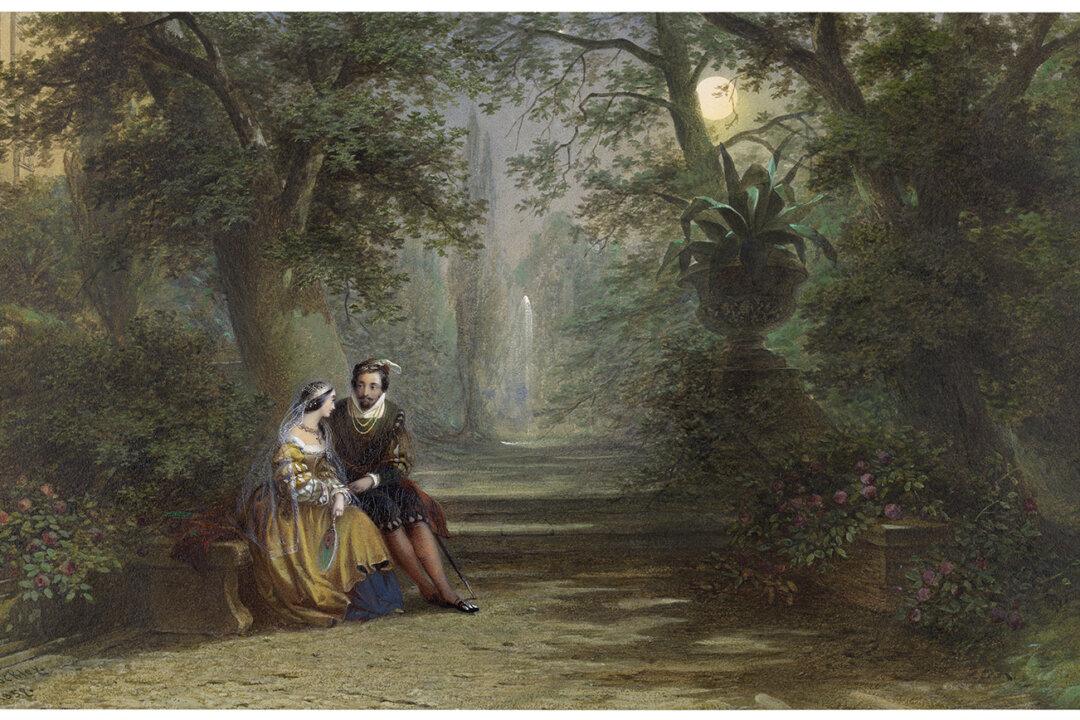My father (1915–1996) left school at 14, barely literate or numerate and was more or less a manual laborer his whole life; he was never interested in education and never became educated. But I always remember this about him: When I was a teenager newly interested in poetry, I asked him, “Dad, why aren’t you interested in poetry?” It was a naïve question, but I wanted to know. The response I got shocked me then and still does today. While my father—God bless him!—was a massive exaggerator on any topic, he said, “I am interested in poetry.” Then he quoted both stanzas of James Stephens’s “The Snare” from memory. I was bowled over.
I hear a sudden cry of pain! There is a rabbit in a snare: Now I hear the cry again, But I cannot tell from where.
In questioning my father, it turned out that he’d memorized this poem at school and won his class’s second prize for reading it aloud. “Who won first prize?” I asked. He couldn’t remember the student’s name, but the poem was Tennyson’s “Charge of the Light Brigade.”





